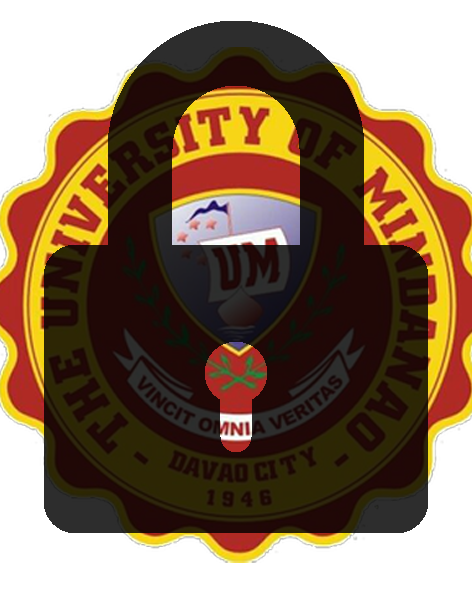An evaluation on social, environmental and economic factors in the sustainable development goals

View/
Date
2024-06Author
Soquinio, Micha
Villamor, Bret Nijiro
Torcende, Angel
Keywords
Citation Tool
Metadata
Show full item recordAbstract
This study investigates the level of sustainable development goals (SDGs) in Davao City across social, environmental, and economic dimensions, employing a descriptive-correlational research design. Stratified random sampling was utilized to ensure representativeness. Data were gathered through an adapted questionnaire with a 5-point Likert scale. Descriptive statistics and inferential analysis were
employed to analyze the data. The findings reveal a high level of commitment to social, environmental, and economic sustainability in Davao City. Notably, fair laws and justice, reduction of deforestation and land damage, and sustainable transportation received the highest weighted mean scores in the social,
environmental, and economic aspects, respectively. Analysis of demographic variables indicates that civil status and education level significantly influence perceptions of social and environmental SDGs. However, no significant differences were found based on age and gender. In contrast, no demographic variable
significantly influenced perceptions of economic SDGs. Furthermore, significant positive relationships between social and environmental factors where demonstrated, highlighting the interconnectedness of these dimensions. The study recommends targeted interventions to address challenges faced by vulnerable groups and foster community engagement in environmental conservation efforts. Additionally, promoting inclusive economic growth and entrepreneurship opportunities is crucial for advancing economic sustainability. In conclusion, this study provides insights into the status of SDGs in Davao City and underscores the importance of considering demographic factors in sustainability initiatives. The findings can inform policymakers and stakeholders in designing effective strategies to promote sustainable development and address the diverse needs of the population.
Collections
Publisher
The College of Hospitality Education
